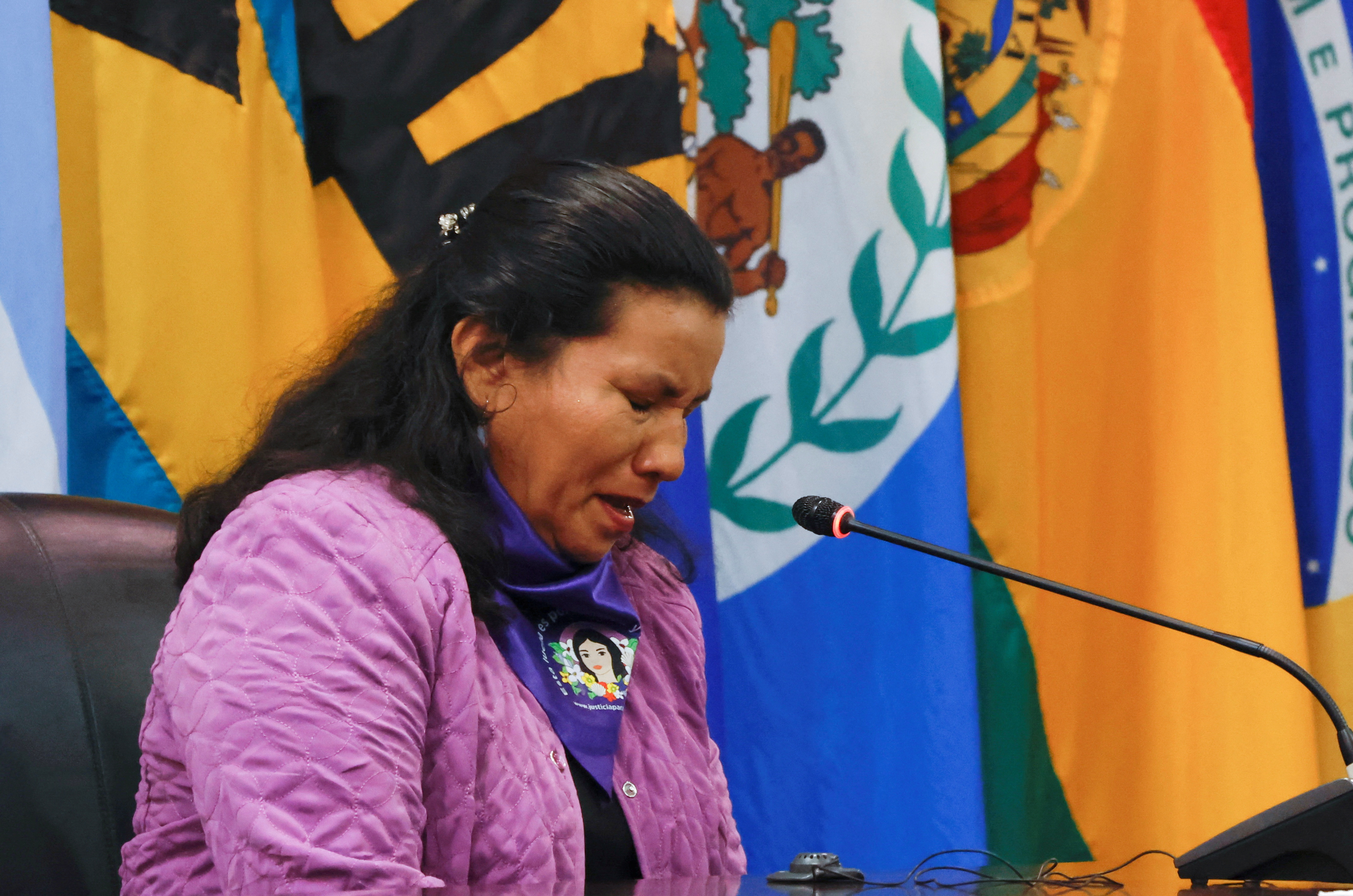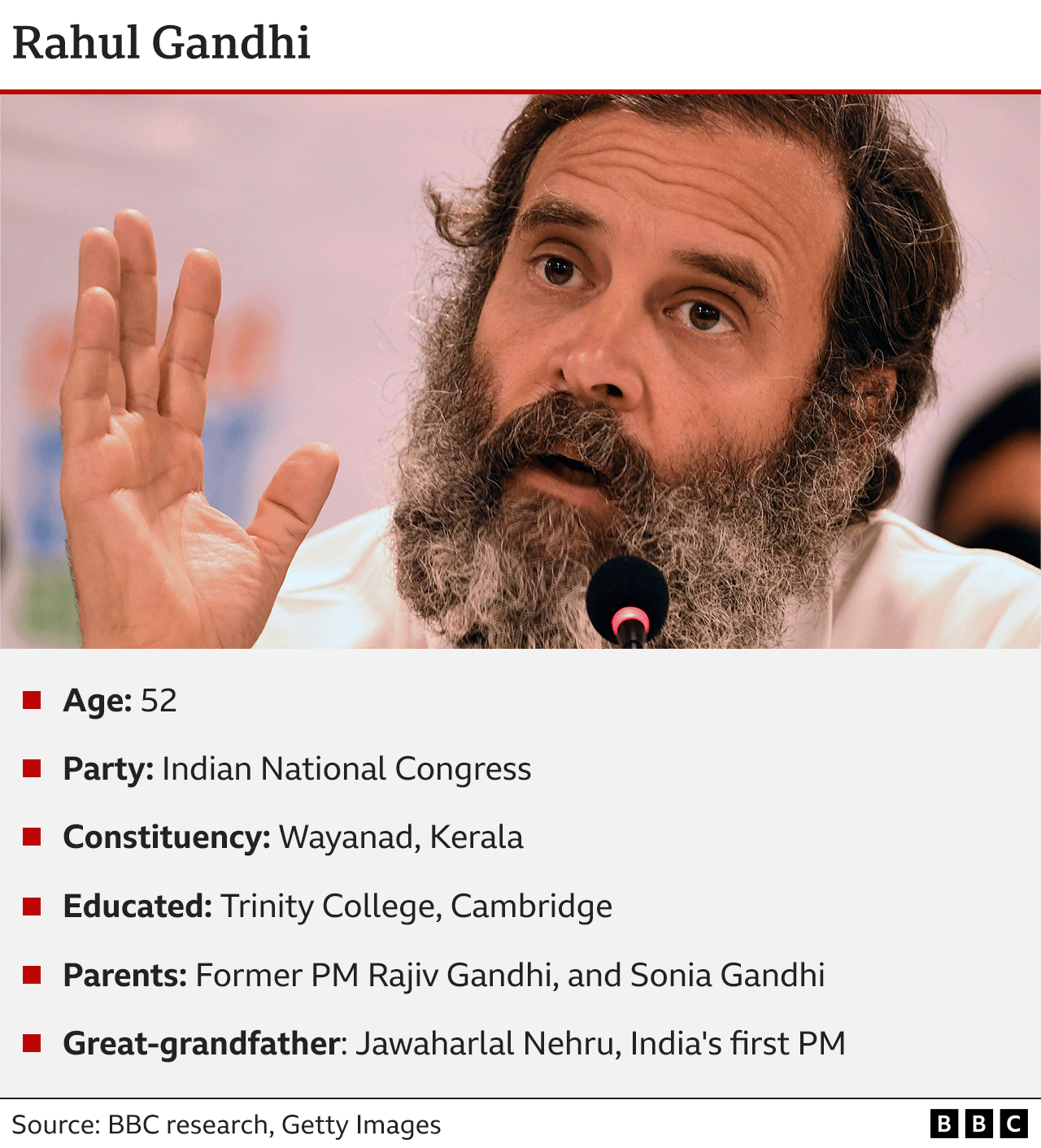CRIMINAL CAPITALI$M
Hindenburg Takes Aim at Dorsey's Payments Firm Block, Shares Plunge

The logo of Cash App is seen at the main hall during the Bitcoin Conference
2022 in Miami Beach, Florida, U.S. April 6, 2022.
REUTERS/Marco Bello
By Manya Saini
(Reuters) - Hindenburg Research on Thursday disclosed short positions in Block Inc and alleged that the payments firm led by Twitter co-founder Jack Dorsey overstated its user numbers and understated its customer acquisition costs.
Block vowed to fight back, saying it would explore legal action against the short seller for its "factually inaccurate and misleading report" that was "designed to deceive and confuse investors".
"Hindenburg is known for these types of attacks, which are designed solely to allow short sellers to profit from a declined stock price," the payments firm said, adding that it would work with the U.S. Securities and Exchange Commission.
Block's shares were last down 15% at $61.67, paring some losses after a 22% plunge earlier.
Hindenburg, which was behind a market rout of over $100 billion in India's Adani Group, said in its report that former Block employees estimated that 40% to 75% of accounts they reviewed were fake, involved in fraud, or were additional accounts tied to a single individual.
The move is seen as a challenge to Dorsey, who co-founded Block in 2009 in his San Francisco apartment with the goal to shake up the credit card industry, and is the company's largest shareholder with a stake of around 8%.
The NYU dropout was just until two years ago splitting his time between the payments firm and Twitter, his other venture that went private in 2022 in a $44 billion buyout by Elon Musk that Dorsey supported.
"Our 2-year investigation has concluded that Block has systematically taken advantage of the demographics it claims to be helping," Hindenburg said in a note published on its website.
The report comes at a time when the outlook for the payments industry has been clouded by worries over the strength of consumer spending in the face of elevated levels of inflation and expectations of an economic downturn.
Those concerns triggered a more than 60% slump in Block's shares last year.
Hindenburg said that Block "obfuscates" how many individuals are on the Cash App platform by reporting "misleading transacting active metrics filled with fake and duplicate accounts".
Reuters could not verify the claims raised in the report.
Cash App allows users to transfer money through a mobile application and is touted by the company as an alternative to traditional banking services.
The app had 51 million monthly transacting actives, a 16% year-over-year increase during December 2022, Block said in a fourth-quarter earnings letter.
The short seller added that co-founders Dorsey and James McKelvey collectively sold over $1 billion of stock during the pandemic as the company's share price soared.
Other executives including finance chief Amrita Ahuja and the lead manager for Cash App Brian Grassadonia also dumped millions of dollars in stock, the report added.
"What I am really concerned about is the Cash App, accusations of fraud, multiple accounts, opening accounts and fake names. And it doesn't seem like that would be something that they would allow," said Christopher Brendler, senior analyst at D.A. Davidson & Co.
"(There is) some evidence in the report that this is happening. So, you know, I think that's the most damaging part of the report," he added. (Graphic: Year-over-year gross profit growth in Block's Cash App, https://www.reuters.com/graphics/BLOCK-CASHAPP/CHART/znvnbljajvl/chart.png)
Based on the session's 20% price move, as of 9:55 a.m. ET, short sellers have made over $400 million in paper profit, according to data from financial analytics firm Ortex. Short interest was 27.96 million shares, or 5.21% of free float.
The company's ticker was the top trending on retail investor-focused forum StockTwits.
Block has also taken a hit from the upheaval in the cryptocurrency industry that forms a large chunk of its revenue base.
The company offers point-of-sales systems and an app that allows people to trade cryptocurrency.
Last month, Block said it was "meaningfully slowing" the pace of hiring this year to control costs.
Founded in 2017 by Nathan Anderson, Hindenburg is a forensic financial research firm that analyses equity, credit and derivatives.
Hindenburg invests its own capital and takes short positions against companies. After finding potential wrongdoings, the company usually publishes a report explaining the case and bets against the target company, hoping to make a profit.
Short sellers typically sell borrowed securities and aim to buy these back at a lower price.
(Reporting by Manya Saini, Akriti Sharma, Mehnaz Yasmin and Jaiveer Singh Shekhwat in Bengaluru; Editing by Nivedita Bhattacharjee, Sriraj Kalluvila and Shounak Dasgupta)
Copyright 2023 Thomson Reuters.

/cloudfront-us-east-2.images.arcpublishing.com/reuters/JVAP4GWKYFL5VIM65X37KAVOJI.jpg?resize=780,470)








